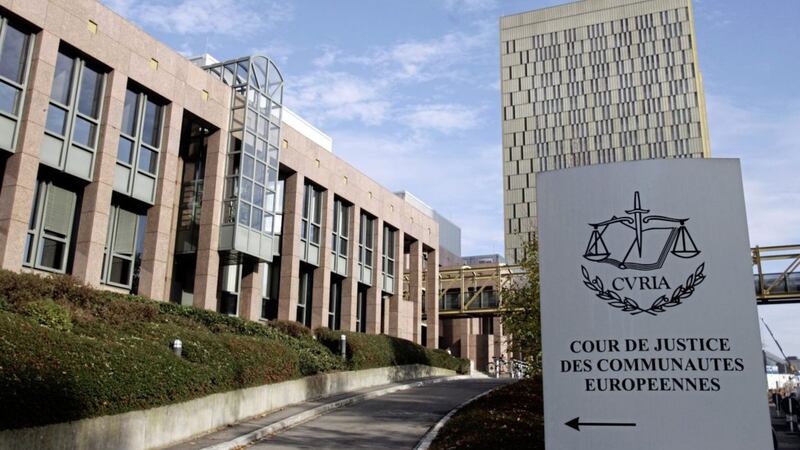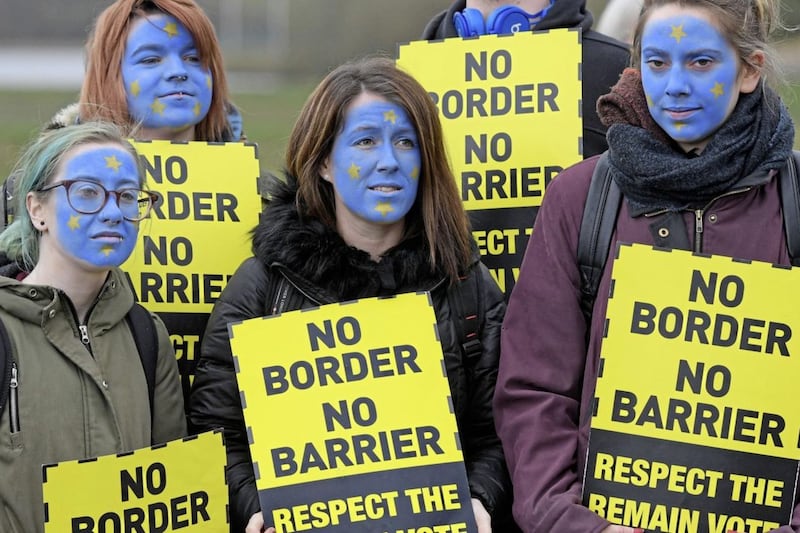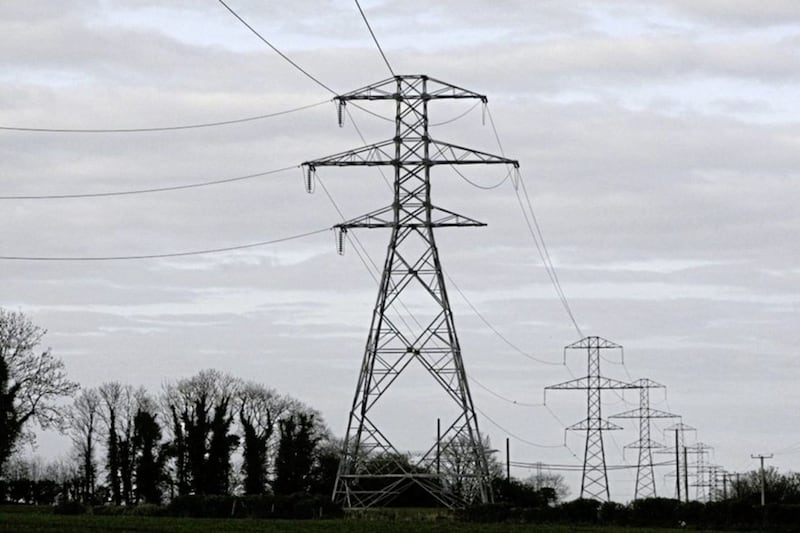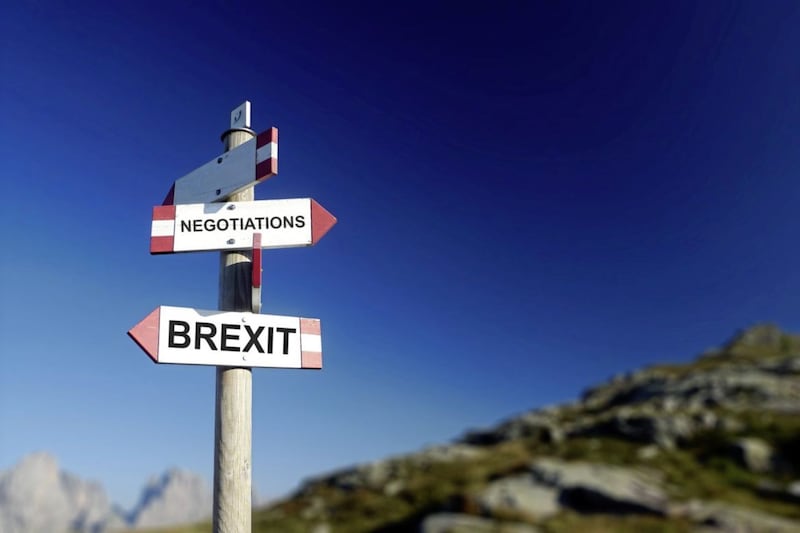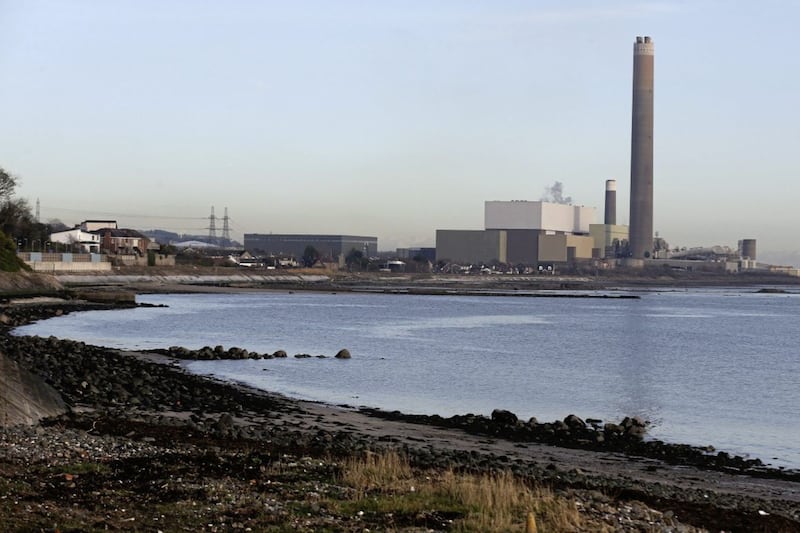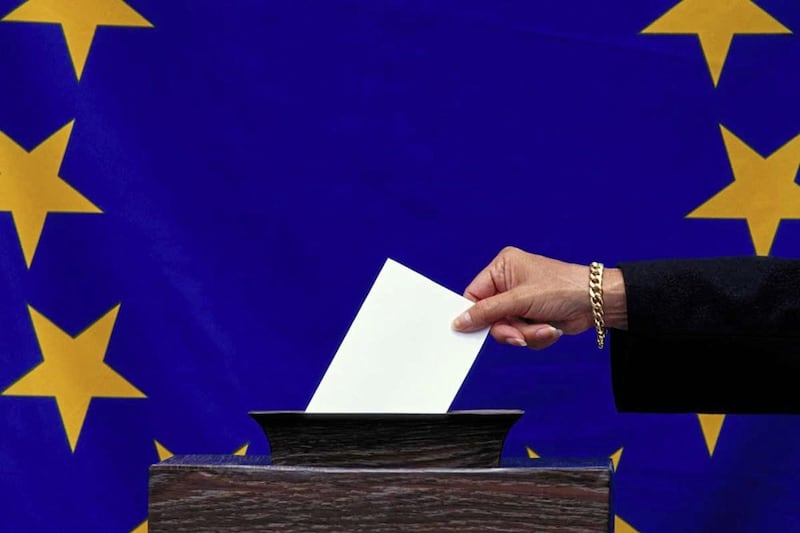A FEW decades ago a young Northern Ireland student arrived at Cambridge to start an under-graduate course.
As is the case with such institutions, there were events to help the newcomers get to know each other.
At one such encounter, a girl on hearing him talk exclaimed: “ Oh, you have an accent”. He replied smartly: “Yes, just like you”.
She immediately reassured him in a cut glass English voice that while she had no problem with the way he spoke, she herself did not have an accent.
As far as she was concerned, the products of public schools spoke in neutral non-accented tones.
Just in the same way, a lot of middle class English people identify others as being nationalistic but not themselves.
And it’s true that unlike the Irish, Scots and Welsh, they are mostly not given to noisy flag waving or dressing up in national costume.
But on any reasonable yardstick, the arguments advanced by many well heeled Brexiteers, and by the way there are plenty of them, are unambiguously nationalist in outlook.
The key phrase “taking back control” points to a sense of national self awareness and destiny.
Now, there is nothing wrong in my book with having a pride in one’s own identity.
For what it’s worth, I have a sneaking regard for Theresa May’s assertion that someone who is a citizen of the world is a citizen of nowhere.
Patriotism makes a society stronger and more cohesive.
But in an international context, nationalism is more problematic. Without doubt, the rousing cheers of enthusiastic supporters can help motivate teams to perform better on the playing field. It’s less obvious by far that it promotes greater achievement in art, music or literature.
And, as the troubled history of the 20th century has shown, rather than being a positive force in world affairs, it can be a menace. In its extreme form, nationalism is the disease which mistakes itself for a cure.
The EU is a exercise in pooling sovereignty where the loss of control by governments over their own affairs, more apparent than real given all the global economic forces no one can resist, is in theory more than made up by the clout secured by being part of a large bloc.
Brexiteers disagree of course. They believe that the UK can fend for itself very successfully outside of the protection of the EU.
It’s a bit of a gamble of course. An experiment that an unwilling Northern Ireland finds itself part of.
Here voters chose not to avail themselves of the right to forge a new future free from the Brussels behemoth.
But whether inside or outside the EU, there is one reality that is inescapable. When you strike deals of whatever kind, you need someone to adjudicate when differences of opinion arise.
Inside the Union, that body has been the European Court of Justice. Outside, who will settle disputes has yet to be agreed.
It’s unlikely to be the ECJ. Even before triggering Article 50, the Prime Minister made it clear in her Lancaster House speech that the UK would not stay under the sway of the European Court.
Interestingly she was less specific about the Customs Union. On that issue she gave the impression that the country could be in and out at the same time.
You might have thought, for handiness, Mrs May might have conceded the oversight function to the ECJ. After all, it has amassed some experience in ruling on trade disagreements.
If you’re a nationalist however, these arguments about convenience are trumped by the need to be free from foreign domination. As things stand the ECJ will not be asked to play a role when, as is inevitable, London and Brussels will fail to reach a consensus on some trade matters following Brexit.
Our appeal to Brussels for special status puts us in a different position. Unlike the rest of the UK, we are cast in the role of supplicants in Europe. Put simply, we need Europe far more than it needs us.
Yes, it’s true that any special status for Ireland will be designed to help the Republic as well as us.
But while a deal on the border is important to both parts of this island, what is crucial to the south is an arrangement with Great Britain. Trade east-west is far greater than trade north-south.
Brussels can argue the Republic’s case for access to the GB market as it negotiates its overall deal with the UK. For its part, London will have its hands full looking after the interests of the UK as a whole without bothering too much about our particular needs. In short, we are in a uniquely weak position.
One way to make it easier for the EU to give us what we need is to accept, from the start, that interpretation and dispute resolution over a special status arrangement for the island is placed in the hands of the European Court of Justice.
It’s not much of a concession anyway. Brussels has repeatedly said that cross border arrangements for the island post Brexit will have to be consistent with EU law.
Why not make our acquiescence on this issue explicit now. It would help get the negotiations off on a positive note. I can’t see the Prime Minister arguing for the involvement of the ECJ. The initiative would have to come from local politicians. It’s time they got stuck into the debate.
:: Jamie Delargy (delargyco@btinternet.com) is a freelance business broadcaster and commentator.
